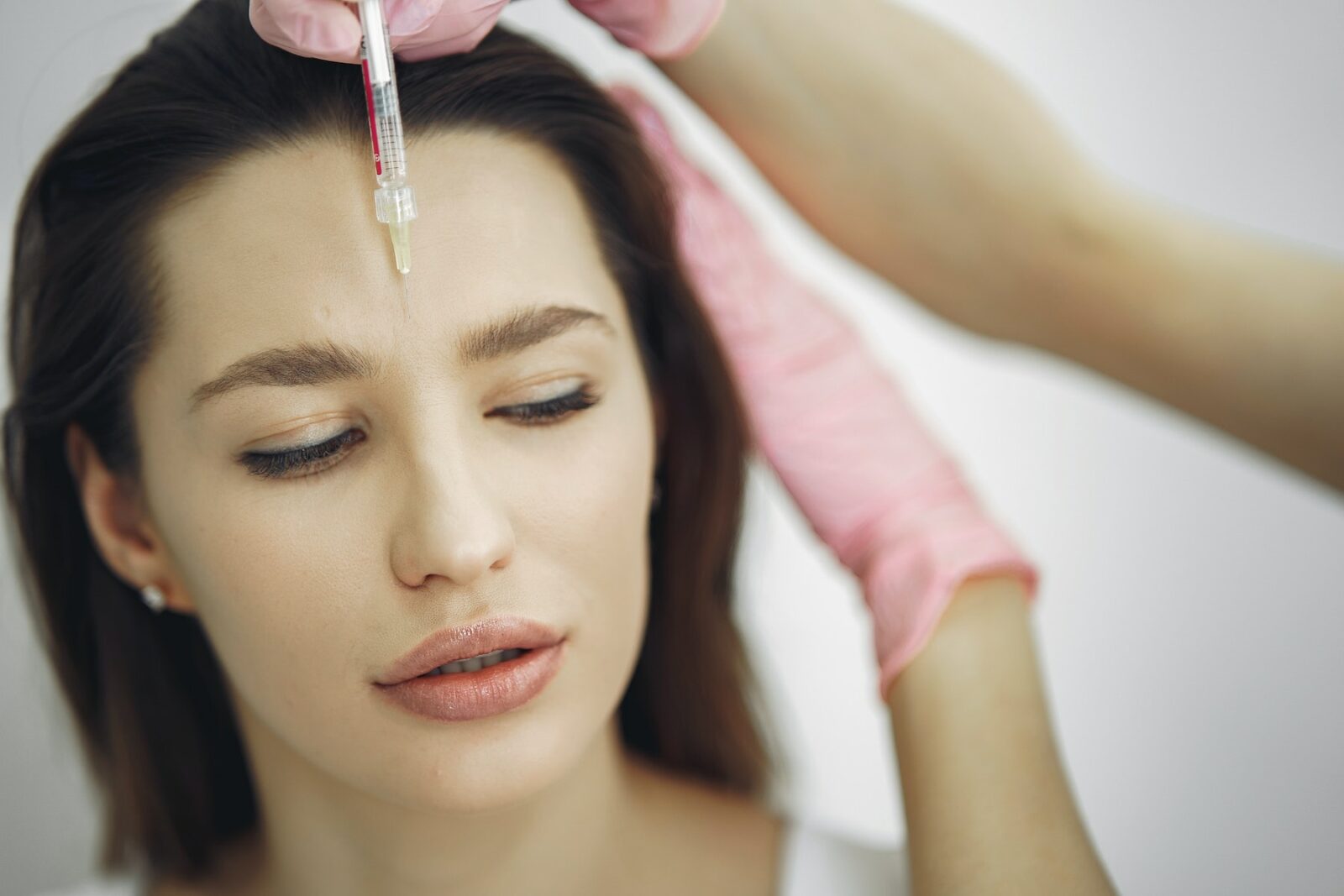
The widespread use of Botox, a treatment approved by the FDA for temporarily reducing severe frown lines, crow’s feet, and forehead lines in adults, has raised concerns about its potential adverse effects not only on physical health but also on cognitive and emotional functioning (Allergan Inc., 2021)1. Despite the cautionary notes from the manufacturer, Allergan, detailing serious side effects like problems with swallowing, breathing, or even spread of toxin effects, its usage continues to increase, possibly due to celebrity endorsements and insufficient emphasis on safety considerations (Allergan Inc., 2021)1.
Media outlets such as Time Magazine have also contributed to its popularity by highlighting its wide-ranging uses, potentially downplaying the significant health risks associated with its use (Park, 2017)2. This discourse raises concerns about how we understand the ethics of medical interventions that may violate the ancient Hippocratic principle of “first, do no harm.”
Emerging research suggests that the botulinum toxin in Botox can swiftly migrate from the injection site to the central nervous system (Restani et al., 2011)3. Despite assurances that the quantity of botulinum toxin administered is safe, the high potency of this neurotoxin and varying individual susceptibility make it challenging to establish a universally safe dosage (Chertow et al., 2006)4. This poses significant risks, as evidenced by several reported cases of severe neurological side effects (Cote et al., 2005)5.
Intriguingly, there are also indications that Botox injections could influence psychological and emotional wellbeing. For instance, the toxin is often injected into the Procerus muscle, corresponding to the ‘third eye’ or ‘Yin Tang’ in traditional Chinese medicine, which some believe is associated with intuition and inner visions (Litscher et al., 2011)6.
Research findings draw parallels between Botox and substances like fluoride, which has been associated with potential cognitive impairments, including a decline in IQ (Grandjean et al., 2012)7, and Tylenol, which has been linked to decreased empathy and flattened emotional responses (Durso et al., 2015)8.
Members Only Content
To continue reading please subscribe to WellnessPlus by Dr. Jess MD
Be your own best doctor with our comprehensive suite of online health coaching tools.
